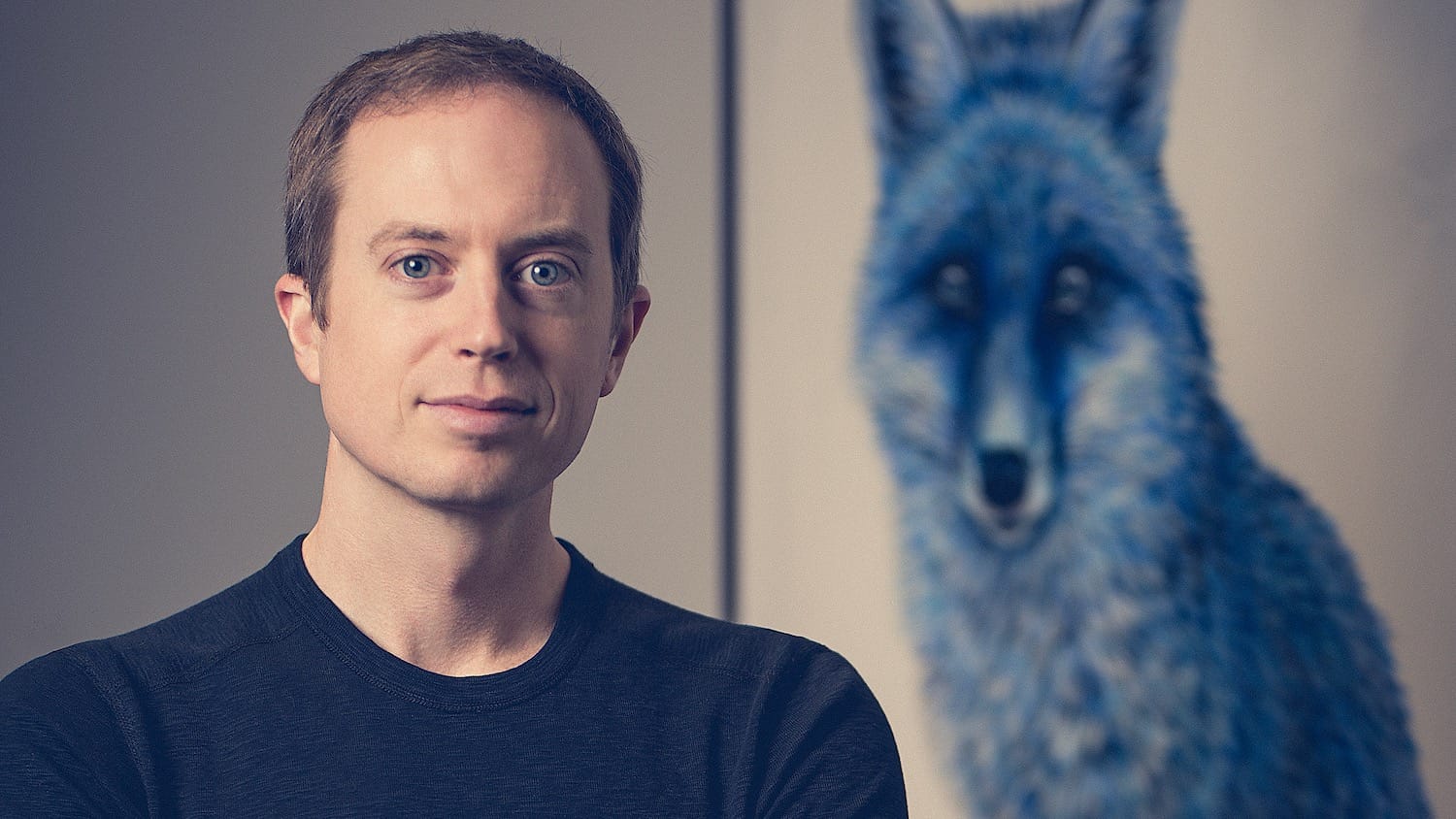
- Erik Voorhees founded ShapeShift to promote financial privacy and decentralized exchanges, shifting control to a DAO in 2021.
- Venice AI, Voorhees’ latest venture, champions privacy-focused, open-source AI, countering centralized tech giants and government oversight.
Erik Voorhees, whose name is synonymous with bitcoin innovation, is one of the most prominent personalities in the digital finance industry. His tale is one of ambition, resilience, and a firm belief in financial freedom.
Voorhees has consistently pushed the frontiers of what decentralized technology can achieve, from his early days with Bitcoin to the establishment of ShapeShift and his current venture into privacy-focused artificial intelligence (AI).
This essay delves into his journey, the hurdles he encountered, and his most recent initiatives in a quickly changing sector.
Discovering Bitcoin and the Rise of SatoshiDice
Voorhees first learned about Bitcoin in 2011, when the cryptocurrency sector was in its infancy. He quickly recognized the disruptive potential of this decentralized form of money. At the time, most people dismissed Bitcoin as a transitory fad, but Voorhees saw things differently.
His early cynicism about other cryptocurrencies faded over time, particularly as he recognized the advantages of a multi-asset, decentralized economy.
Voorhees first gained traction in the cryptocurrency world with SatoshiDice, a Bitcoin-based gambling website he founded in 2012. This platform revolutionized Bitcoin’s usefulness, allowing users to engage in provably fair gaming with a single Bitcoin transaction.
SatoshiDice swiftly grew in popularity because to its simplicity and transparency. At its peak, SatoshiDice processed half of all Bitcoin transactions, indicating the growing popularity of digital currencies. In 2013, Voorhees sold SatoshiDice for $12 million in Bitcoin, paving the way for his future enterprises.
ShapeShift: Pioneering Privacy in the Cryptocurrency Exchange World
Following the success of SatoshiDice, Voorhees took on a new challenge: developing a smooth, privacy-focused crypto exchange. In 2014, he launched ShapeShift, a website that allowed users to exchange cryptocurrencies without requiring personal accounts or identification verification.
This strategy was groundbreaking at the time since it valued user privacy over all else. ShapeShift represented Voorhees’ belief in financial independence and the freedom to make transactions without government control.
ShapeShift’s triumph, however, did not come without controversy. The platform’s lackadaisical approach to user authentication aroused the attention of regulators, particularly the United States Securities and Exchange Commission (SEC).
Voorhees’s first big legal battle came in 2014, when he was accused of selling unregistered securities as part of his connection with SatoshiDice.
He settled the matter with a $50,000 fine, but it would not be the last time he came under regulatory scrutiny. ShapeShift also faced claims of enabling transactions for hackers and scammers. Despite these hurdles, Voorhees stayed committed to his idea, and ShapeShift grew.
One of the defining points in Voorhees career occurred in 2021, when ShapeShift switched from a centralized to a decentralized exchange (DEX). This action was a direct response to growing regulatory pressure and Voorhees long-held belief in decentralization.
By transferring ownership of the platform to a decentralized autonomous organization (DAO), Voorhees insured that ShapeShift could function without being subject to the same regulatory constraints as centralized exchanges.
This was a risky move, but it was also a logical progression for a platform that had always stressed user privacy and autonomy.
Voorhees has also transitioned from a Bitcoin maximalist—a person who believes Bitcoin is the sole legitimate cryptocurrency—to a proponent of a larger decentralized ecosystem.
He now advocates for the premise that a robust decentralized economy includes numerous digital assets, not just one. Voorhees’ receptivity to new ideas has been a motivating element behind his sustained success in a rapidly changing market.
Venice AI: A Bold Step Toward Decentralized, Privacy-Focused AI
In May 2024, Voorhees unveiled his next creation, Venice AI. This privacy-focused AI chatbot is intended to counteract the growing influence of huge tech corporations and government monitoring in the AI field.
`Voorhees has long been a prominent supporter of privacy and free expression, and Venice AI is the conclusion of these ideals. Venice AI is open-source, giving users control over their data while maintaining the confidentiality of their conversations, in contrast to many other AI platforms run by centralized corporations.
Voorhees worry about the direction of technology led him to enter it. He believes that AI, like cryptocurrencies, has the potential to be a liberating force—but only if it is created in a way that promotes decentralization and user privacy.
Venice AI provides a less-censored, premium-tier service for Morpheus token holders, supporting Voorhees’ commitment to developing privacy-centric, decentralized solutions.
Erik Voorhees: A Champion of Decentralization and Financial Freedom
Voorhees career has been defined by both successes and failures. His conflicts with regulators, particularly the SEC, have been an ongoing challenge, but they have also hardened his resolve. His vision of a society in which people can freely transact and communicate without government intervention is at the heart of all he does.
Whether through ShapeShift, SatoshiDice, or Venice AI, Voorhees has always advocated for a more decentralized and transparent world.
Voorhees is still one of the most respected voices in the cryptocurrency industry. His willingness to challenge the status quo, as well as his unflinching confidence in the power of decentralization, have helped him build a loyal following.
As the crypto and artificial intelligence industries expand, Voorhees will likely remain at the vanguard, pushing for the ideals that have guided him throughout his career: privacy, autonomy, and freedom.





















